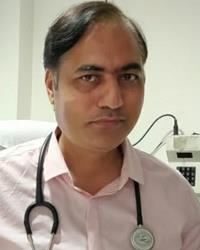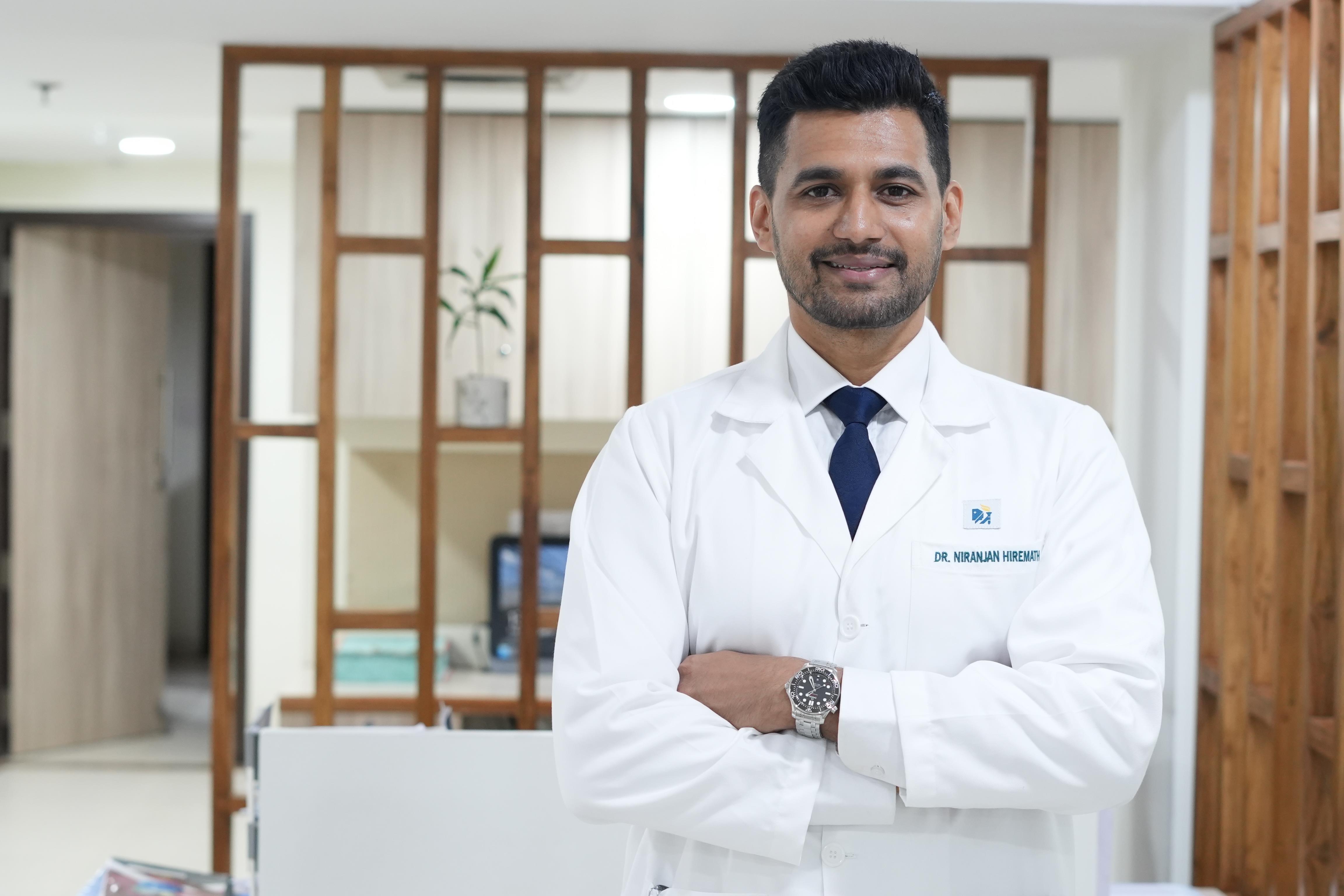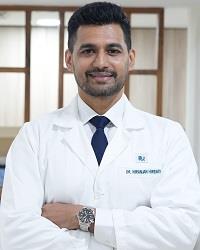Surgery and Treatment Available Under Cardiology:
Here are some of the procedures and treatments cardiologists in Noida are equipped to handle:
1. Coronary angioplasty: This procedure involves widening narrowed or blocked arteries using a balloon catheter.
2. Pacemaker implantation: A pacemaker is a small device implanted under the skin that helps regulate abnormal heart rhythms.
3. Valve repair or replacement: This surgery repairs or replaces damaged or diseased heart valves.
Services and Facilities Available at Apollo Hospitals in Noida:
-
State-of-the-art cardiac catheterization laboratory for precise diagnostic procedures.
-
Dedicated cardiovascular ICU equipped with the latest monitoring systems.
-
Advanced imaging technologies like echocardiography and stress testing.
-
Robust rehabilitation programs for post-surgical recovery and lifestyle modification guidance.
Advanced Technology and Equipment at Apollo Hospitals in Noida:
Apollo Hospitals in Noida utilises cutting-edge equipment like cardiac catheterisation labs, advanced imaging modalities, robotic-assisted surgeries, and hybrid operating rooms. This advanced technology enables cardiologists to provide accurate diagnoses and perform minimally invasive procedures with greater precision, safety, and faster recovery times for patients.
Best cardiologist in Noida:
At Apollo Hospitals in Noida, you can find some of the best cardiologists who are highly experienced and skilled in their field. These heart specialists have a wealth of knowledge in diagnosing and treating various heart conditions. Their expertise ensures that each patient receives personalised care tailored to their needs.
Access to top-notch cardiologists and cardiothoracic surgeons in Noida is a significant advantage for anyone seeking treatment for cardiology-related conditions. Their extensive experience allows them to offer the most effective treatment options while prioritising patient safety and well-being.
If you are experiencing any symptoms or have concerns about your heart health, it is crucial to consult with a heart doctor. Apollo Hospitals in Noida provides comprehensive services, state-of-the-art technology, and highly skilled specialists to address all your cardiac needs.









 Call Now
Call Now





